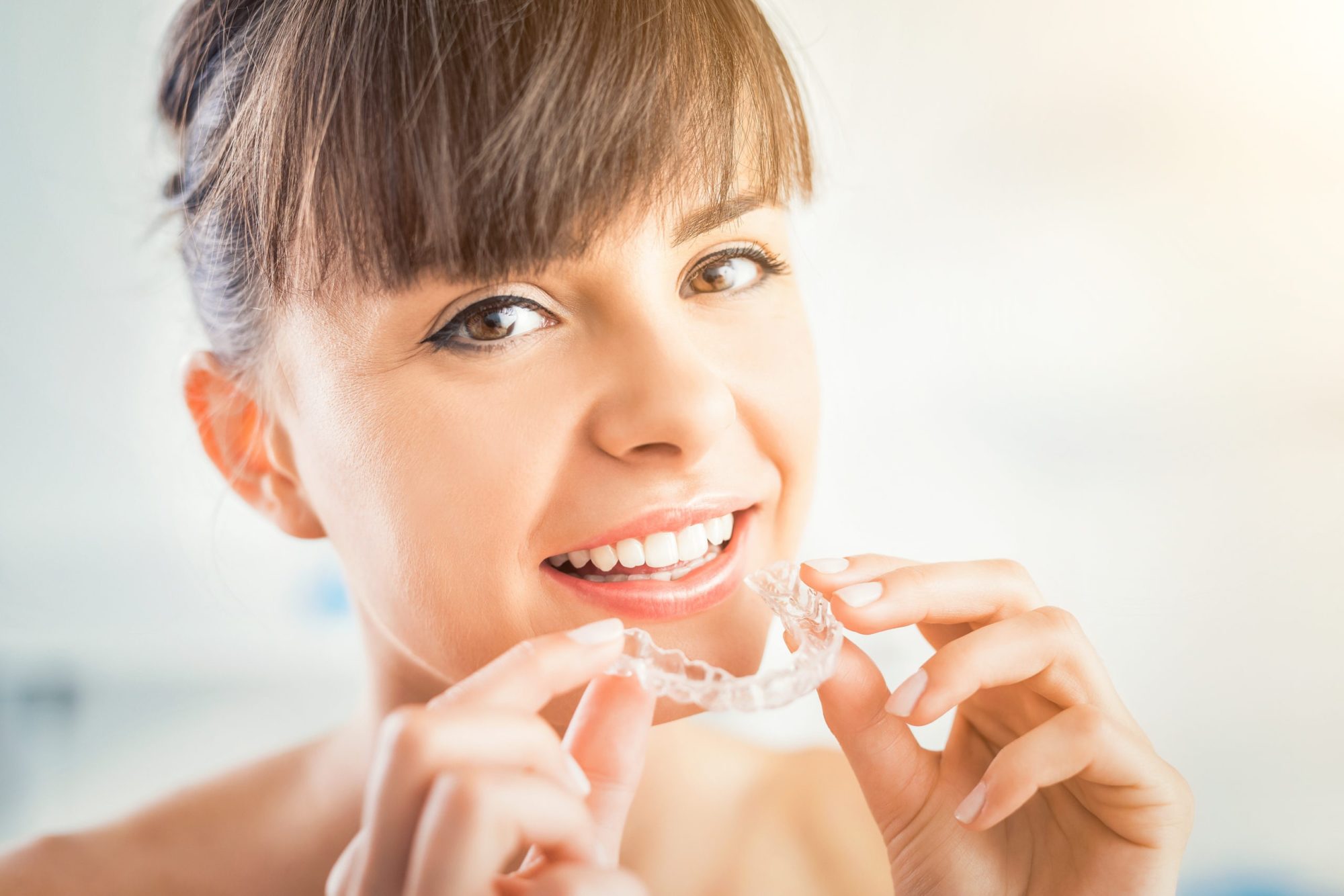People who have had braces know very well that it takes a little time to adjust to the challenges that life with braces can bring. As orthodontists, we have to remind patients about some of the challenges they’ll be facing and how to overcome them.
If you’ve never had braces, and are thinking of getting them for the first time, don’t let the horror stories scare you away. The best orthodontist Sturbridge has available works beyond the appointments within the office setting. We like to share a few tips and tricks that can help our patients overcome obstacles, avoid problems, and enjoy a great smile in the process.
1. Tips on Orthodontic Emergencies
Many patients have the unwanted pleasure of dealing with these situations. A couple of things you should know about orthodontic emergencies are that they’re not life-threatening, and they have simple DIY solutions you can try while you wait for your next appointment with your orthodontist. Before we continue with some of the tips, please keep in mind that if you feel persistent pain, swelling, or excessive bleeding, you should contact emergency services instead.
- If your bracket or band is loose- You can leave a loose bracket or band in place if it remains attached to the wire. You can secure it with a piece of orthodontic wax if it becomes uncomfortable or irritating. If the bracket or band has come off completely, place it in a small sandwich bag or wrap it in tissue for safekeeping.
- If the wire has come out, you may be able to use a pair of small tweezers to get the wire back into place, or you can clip the end with nail clippers to prevent the wire from poking your cheeks and gums. The end of the wire could also be covered with orthodontic was for your comfort.
- If the end of the wire is poking you- use the end of a pencil eraser or the back of a spoon to push the sharp tip down.
- Keep some orthodontic was handy as it will help in many of these situations.
2. What to Eat During the First Week With Braces?
When you first get your braces on -and please keep in mind this will also work when you go to your orthodontist for an adjustment- your teeth will feel sore, and you will have an increased sensitivity to extreme cold and heat.
These first few days are critical in your adapting process, so you should know which foods to eat and what to avoid.
If you are hungry, try getting softer textured foods and stay away from processed sugars. Foods that are sticky or hard, even carrot sticks and sugar-free gum, can damage your braces. Foods and drinks with high sugar content are more likely to cause cavities.
In general, try these:
- Soft and steamed vegetables.
- Pasta dishes.
- Rice.
- Oven-baked fish.
- Grilled chicken.
- Not-so-hot soups.
3. Dealing With Discomfort and Mouth Sores
Unfortunately, every patient should expect some level of discomfort during their orthodontic care. Consider that as your braces push, pull, and rotate your teeth, the jawbone tissue at the base of each tooth dissolves. This motion, even though perfectly safe, thanks to your board-certified orthodontist’s expertise, will undoubtedly cause some discomfort.
The best thing to do is consult with your orthodontist and get some over-the-counter medication. If your teeth and gums feel sore, a warm saltwater rinse helps to soothe the gum tissues as well.
Pay close attention and check that the discomfort doesn’t turn into constant or throbbing pain, as that would require specialized help from emergency caregivers and signify a much more complex problem.
4. Keeping Your Teeth Clean During Orthodontics
Orthodontics is not just about realigning teeth and jaws. We aim to make your teeth healthier and reduce the obstacles that can prevent you from maintaining optimal dental health.
As such, we also want to help you maintain good dental hygiene during your treatment and avoid the dangers of tooth decay while you wear braces.
We will be the first to admit that braces don’t make your oral hygiene any easier, but it’s not impossible to keep your teeth clean. Check out some of the following tips:
- Get a soft-bristled toothbrush that won’t damage your braces when you clean around them.
- Rinse your mouth with abundant water prior to brushing to soften or dislodge any leftover food particles.
- Brush your teeth after every meal you take, including snacks. Especially after snacks.
- Floss your teeth at least once a day and floss around the brackets.
- Consider getting an interdental brush or water irrigator for better results, but note these are complementary and not substitutes for brushing and flossing your teeth during your treatment with braces.
5. Don’t Stop Your Frequent Visits to a General Dentist
No. Your treatment with an orthodontist shouldn’t mean you don’t have to continue visiting a general dentist. In fact, in many cases, successful orthodontic treatment requires careful coordination between two or more dental health specialists.
Orthodontics can take several months. You should continue to visit your general dentist and get a full evaluation or deep and professional dental cleaning every six months.
Trust us; you won’t want to avoid those controls, as your dental health will suffer a lot.
Get in Touch With Your Sturbridge Orthodontist
Braces are an excellent choice for anyone who wants to improve the long-term health of their smile, but the process isn’t without some challenges. To give yourself the best opportunity for success, call to schedule an appointment with a Sturbridge orthodontist today.

